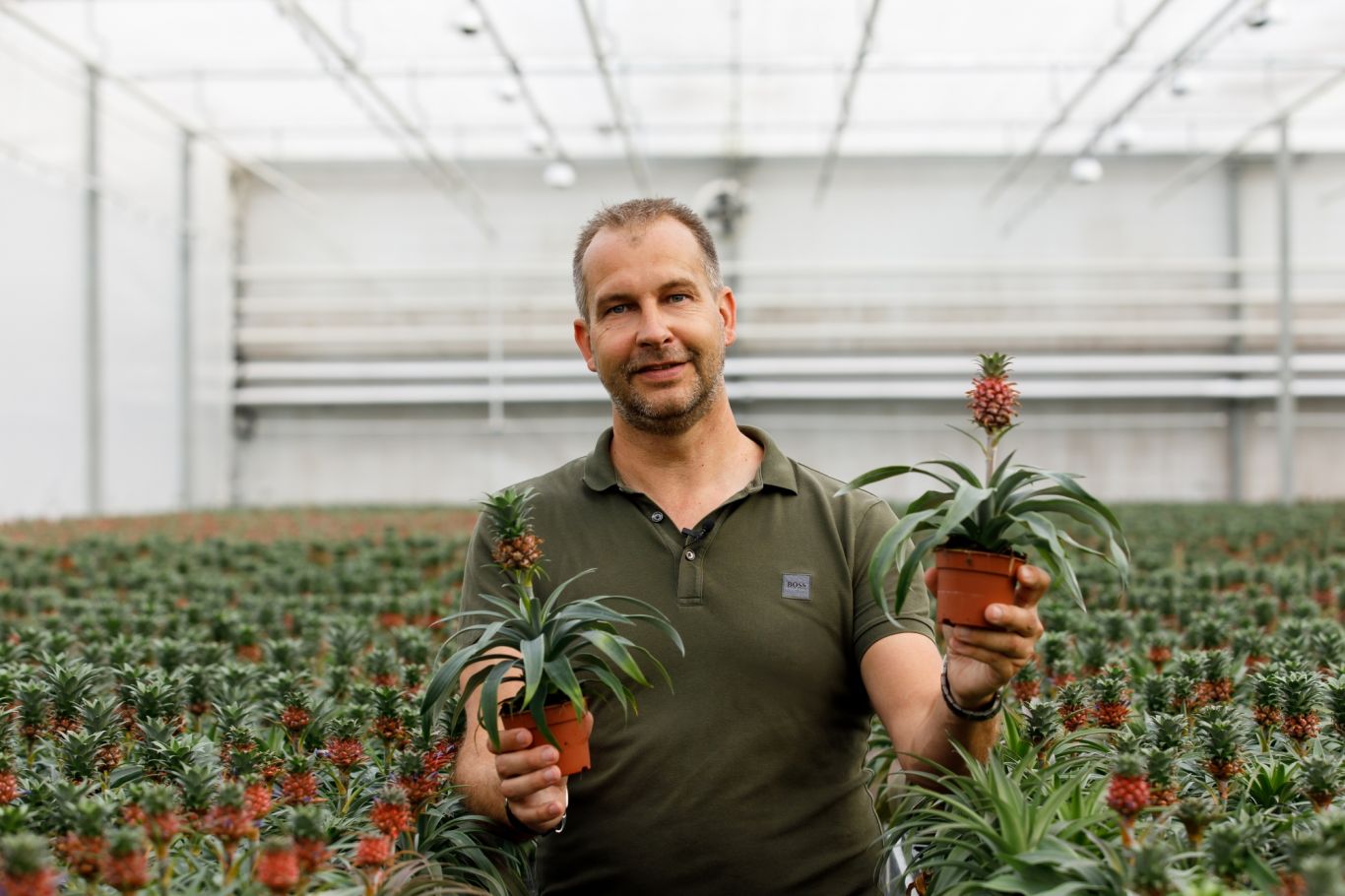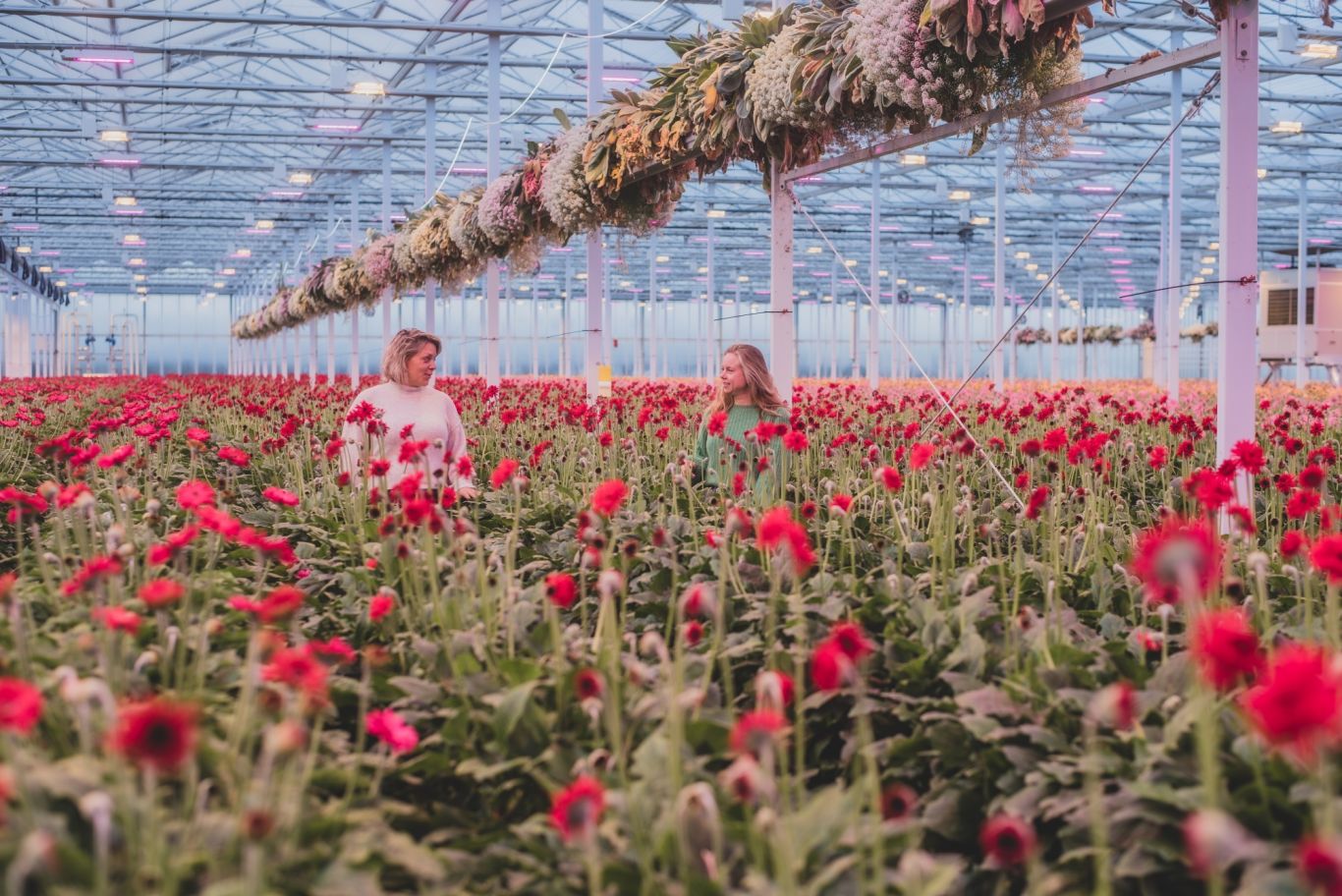"We need to move towards completely chemical-free crop protection products"
August 27, 2025

How do growers use crop protection products? What rules, obstacles or prejudices do they face? In this series, we let the growers talk about this. Ed Stofbergen of Stofbergen Plant Company from Bergschenhoek grows Bromeliads. These reach retailers, garden centres and florists via exporters.
"The requirements for crop protection products differ from channel to channel. In addition to Dutch laws and regulations, retailers have additional requirements. There is a taboo around the use of chemical pesticides, partly because facts and opinions are sometimes confused. It is difficult for consumers to see or understand the difference between harmful and harmless crop protection products. So we - and our suppliers - need to start producing completely chemical-free options. This step is necessary. We recognise this and are rising to the challenge.
Step by step, we have achieved a significant reduction in our resource policy. Today, we still use 'green' crop protection: approved products with very low environmental impact. If we go completely chemical-free, we will have to relearn how to deal with disease pressure. This means a lot of scouting to nip pests in the bud with new biologicals or the use of natural enemies. This requires a different approach.
Wherever possible, we use biology in the process, including natural pest control. We are guided in this approach by Koppert bv. Maintaining the natural balance in the nursery and ensuring a vital product that is more resistant to natural enemies - we have already come a long way. I'm proud of that. Chemical crop protection disrupts this natural balance, making it all the more important to produce without chemicals.
In this important process, we need to take consumers along with us. For example, explaining that products may look less perfect as we start to grow in a more natural way. To put it clearly - perfection through imperfection. Consumers want to know what they are buying. Now, when consumers ask the retailer this question, we have all the documentation to prove that we grow products that are good for animals and good for people. But a consumer label would make this transparency much easier.
Over the last five years, there has been a huge emphasis on sustainability. This includes discussions on the concept of sustainability and certification. But also in a world of ever-increasing legislation and regulation, and fewer and fewer approved substances. We are frequently inspected by various authorities for the use of crop protection products. MPS does an annual audit and a comprehensive audit once every 3 years. Bodies such as DCMR and the water board measure environmental values in the water. Lansingerland municipality carries out workforce checks.
We ourselves carry out regular residue testing on behalf of retailers, which shows which products have been used on the crop and how much. The pressure to be sustainable is now easing within our company. The next challenges are to produce peat-free and plastic-free. Once again, we are taking up these challenges to offer consumers the most sustainable product possible."
More information on this subject can be found here.
-
Did you find this interesting?
Then share this article


